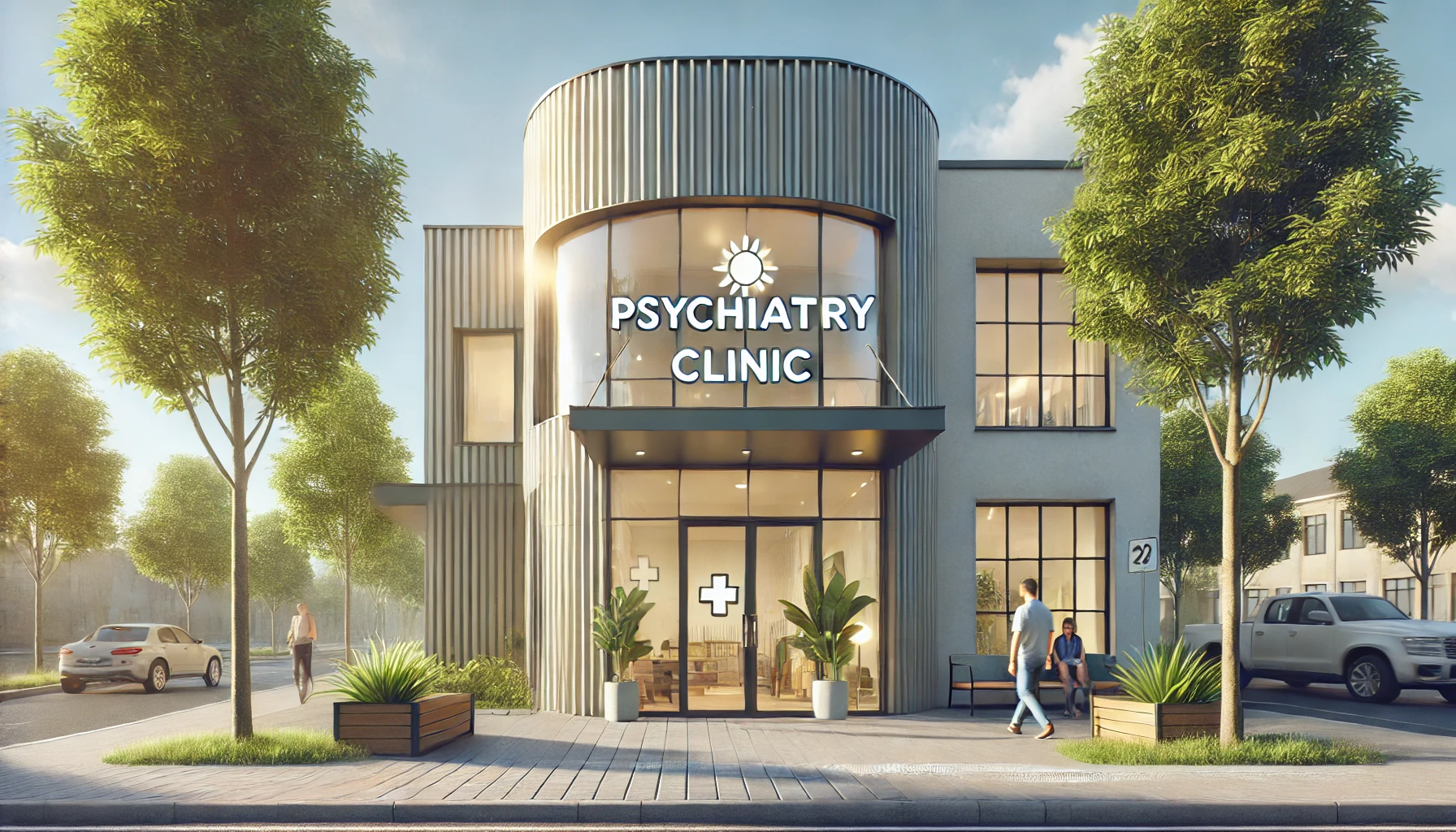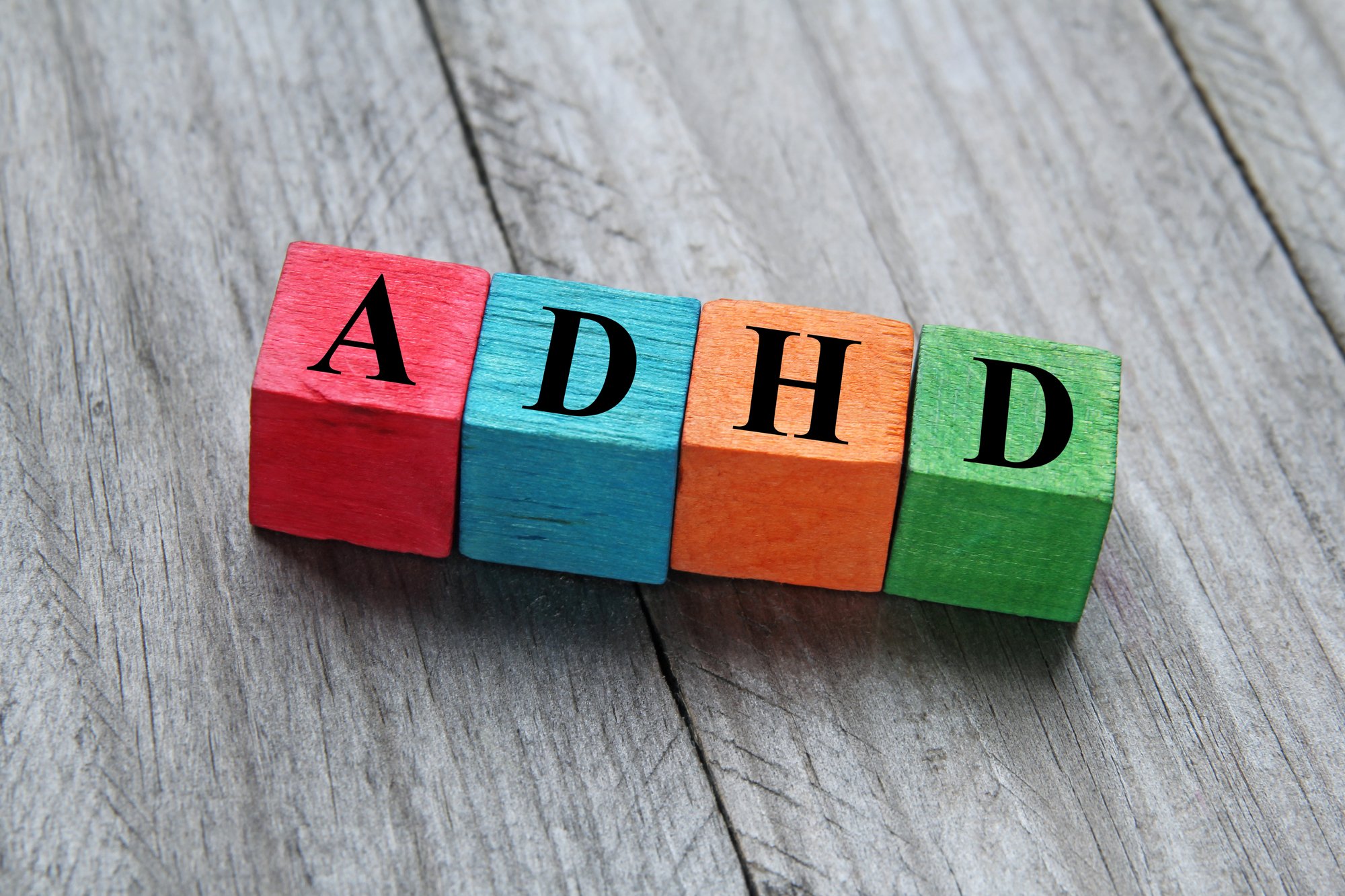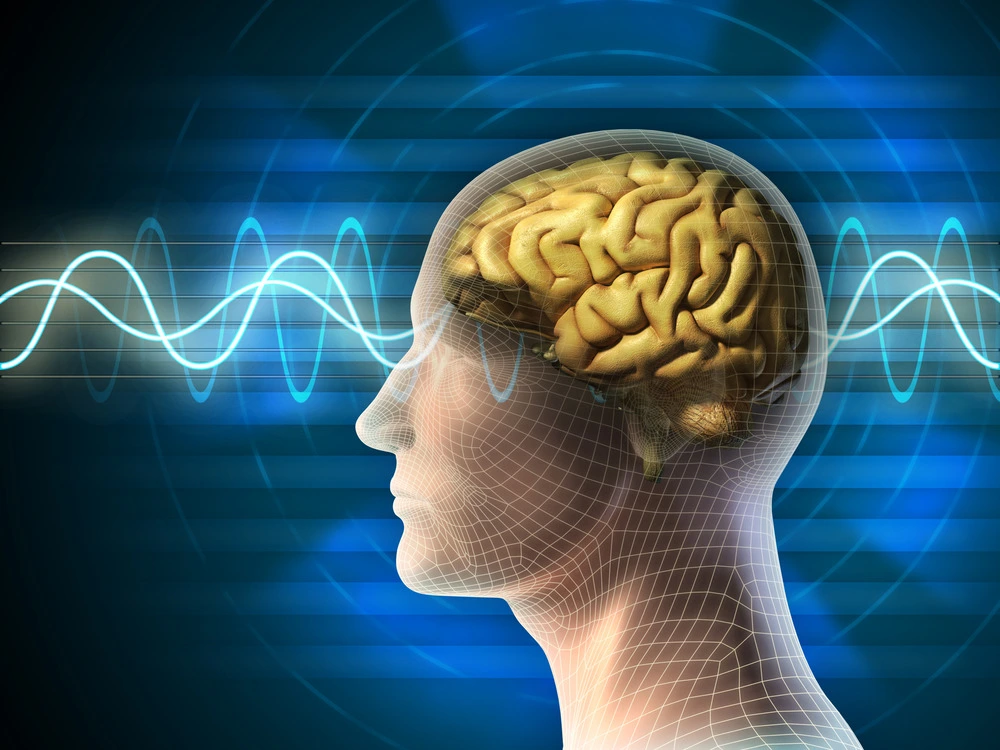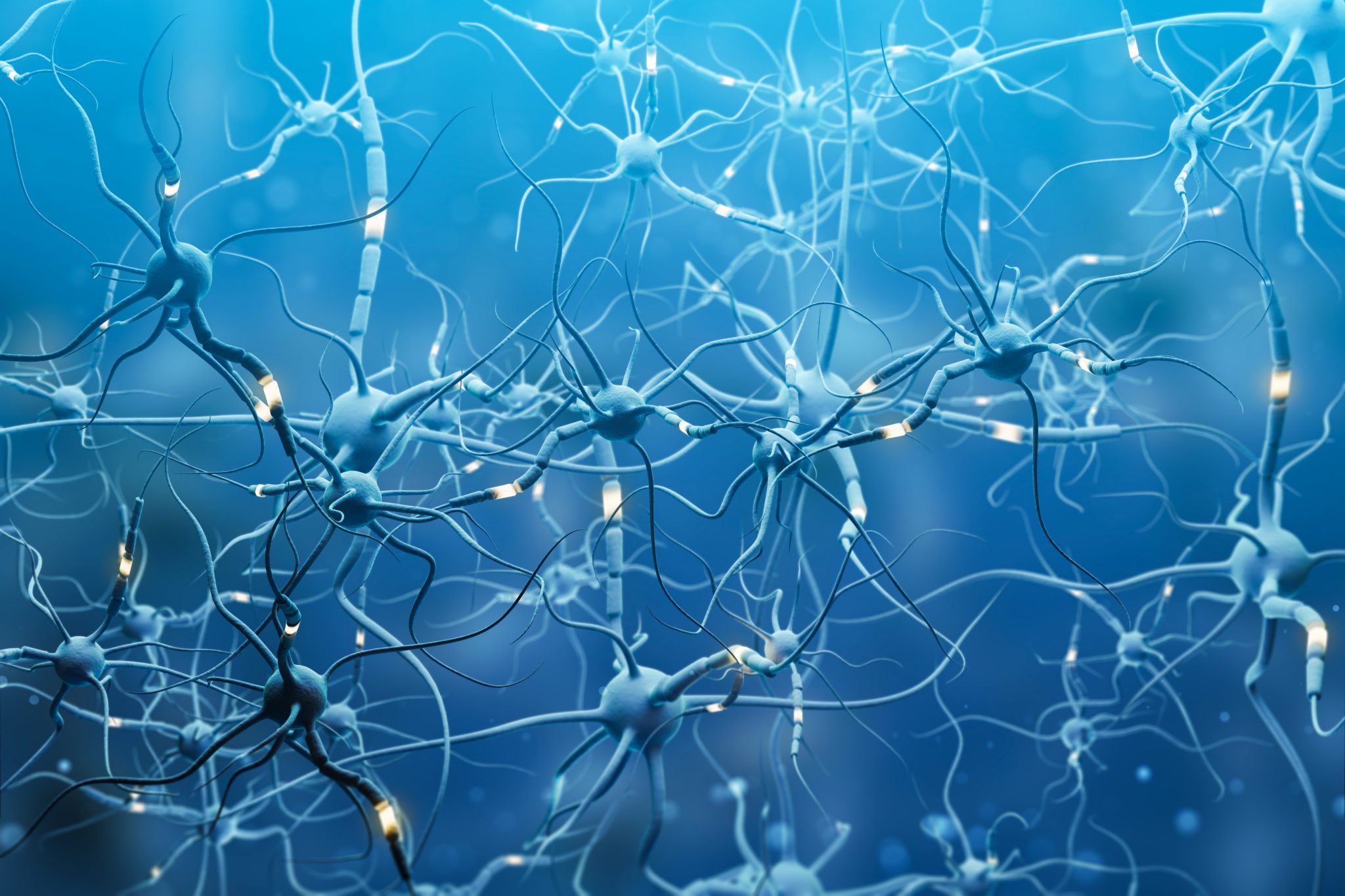How to Choose the Best Transcranial Magnetic Stimulation Provider
Transcranial Magnetic Stimulation, sometimes referred to as rTMS or TMS therapy, is a procedure most commonly used to help treat otherwise treatment-resistant depression in the United States. While TMS therapy is growing in popularity around the country for conditions like OCD, bipolar disorder, anxiety, and PTSD, so too are providers offering the treatment. However, there …













